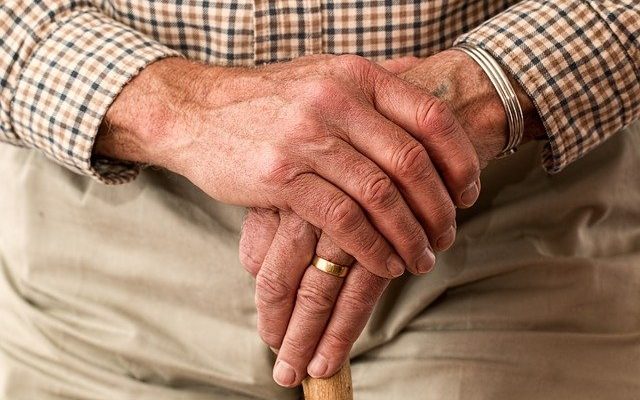Supporting older people to avoid slips, trips and falls

Falls: a word that most older people dread and with good reason.
Around one in three adults over 65 who live at home will have at least one fall per year, with approximately half of these individuals having multiple falls. In 2017/18 there were over 220,000 emergency hospital admissions in England related to falls amongst people aged 65+, with over 146,000 of these individuals aged 80+, and of course falls can lead to premature death, with women more at risk due to the prevalence of osteoporosis (brittle bone disease).
The statistics tell a frightening story, but the personal toll for individuals who’ve fallen is often far greater and longer lasting than a hospital admission. Many of us only think about the injuries and pain caused by falls, but the loss of confidence and independence that often results from falls can be equally debilitating in the long-term.
At Promedica24, many of our clients seek our live-in care after they’ve had a fall. Winter is a peak time for falls with icy conditions making paths and pavements hazardous, and if an older person has recently been in hospital, perhaps because of a fall, it’s worth bearing in mind what NHS England say:
“Many older people, particularly those who are frail and may have dementia, actually deteriorate while in hospital – a stay of more than 10 days leads to 10 years’ muscle ageing for people most at risk.”
Given that nearly 350,000 patients spend more than three weeks in hospital each year, that’s a lot of people leaving hospital with a greater risk of falling due to muscle ageing. One of the features of our private care is supporting our home care clients with post-hospital rehabilitation, plus slips, trips and falls prevention, which includes:
- Advising and supporting clients to avoid wearing clothing that is loose, trailing around their ankles or displaying fraying hems that make tripping more likely. We advise against walking on slippery floors in socks or tights if they don’t have grips, and help our clients to find footwear that fits properly and isn’t worn. When going out, we recommend adding extra traction to footwear, as we wrote about in our ‘Keep warm, safe and well’ blog.
- We assist our clients to attend regular sight and hearing tests (hearing problems can cause issues with balance) and support them to wear any glasses/hearing aids that are needed.
- We enable clients to attend regular medication reviews to ensure that they are only taking medication that’s needed and at the most appropriate time of day. Some medications can cause drowsiness, and if a person is taking multiple medications (4 or more per day) these can negatively interact.
- We encourage our clients to see their GP if they are struggling to move around safely, perhaps because of worn/painful hip or knee joints.
- We help our clients to keep their feet healthy by following NHS advice and through having regular podiatry/chiropody treatments as necessary.
- As we work side-by-side with our clients and undertake many domestic tasks, we ensure any spillages are mopped up immediately.
In addition, it’s good practice for families to:
- Make an older relative’s home safer by installing grab rails in the bathroom and providing non-slips mats in the bath or shower. Removing obstacles or trailing wires that are trip hazards and any mats/rugs that aren’t secure, and ensuring there is good lighting – especially at night and where there are stairs or steps.
- Encourage older relatives to participate in balance and strengthening exercises like Tai Chi, yoga or Pilates. There are often classes or specialist programmes in community centres or halls. The NHS have ‘Physical activity guidelines for older adults’ that give further ideas.
- Be aware of fatigue. If an older relative isn’t sleeping well or has an infection they may be more fatigued and prone to falls. Our respite care is the ideal service if family members are unable to provide the support needed for rest and recovery.
To find out more about how Promedica24 can support you and your family, please visit https://promedica24.co.uk, get in touch with our team on 0800 086 8686 or email care@promedica24.co.uk.

